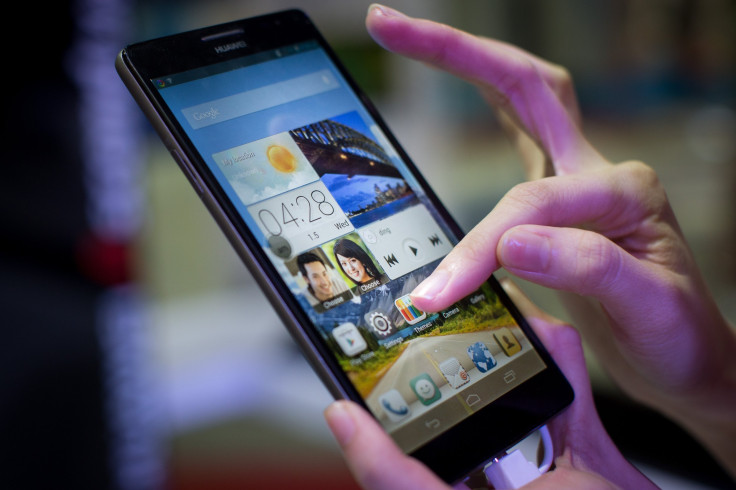The Smartphone Feature Wars: Do Consumers Really Care?

When was the last time you used your smartphone as a TV remote? As a fingerprint scanner? As a hands-free device?
For years, smartphone makers have been in a features war, introducing flashy new functions onto each successive generation of their devices. The never-seen-before feature is considered table stakes in the increasingly competitive smartphone market. Case in point: Amazon's Fire Phone, with four front-facing cameras; the "Mayday" function that gets a support person on the phone; and Firefly, which allows users to find things captured in images on Amazon.com.
In a world where all smartphones look and feel essentially the same -- touch screens, apps, nice camera -- unique features are the way handset makers drive their marketing strategies and entice customers to purchase new handsets. But that strategy is delivering diminished returns. Consumers aren't using those features and instead focus on brand and overall ecosystem: Apple's iOS, Windows, Android, and now, perhaps, Amazon.
“Any feature is only as good as the ecosystem that supports it,” Marcos Sanchez, vp of global corporate communications at App Annie, told International Business Times. “Part of it is just [manufacturers] allowing developers to have the hooks to make the connections.”
Consumers long ago stopped obsessing over features. According to Nielsen’s 2013 Mobile Consumer Report, only 2 percent of those in the U.S. listed "special features" as the prime motivator in choosing a phone. Rather, Nielsen found Americans were most concerned about cost; 30 percent indicated affordability and getting the best value for their money as a prime factor in choosing a device to purchase.
One of the latest special features found on devices is fingerprint scanners, which largely function as security measures. Apple’s iPhone 5s and Samsung Electronics Co.’s (KRX:005930) Samsung Galaxy S5 both include fingerprint scanners, and these features were heavily marketed. But mobile polling firm Qriously 1,034 asked iPhone 5s and Galaxy S5 owners whether they used the fingerprint scanner on their devices and an overwhelming number of respondents said they did not. According to the data, 75.6 percent of iPhone owners asked whether they used Apple’s Touch ID feature said no; 83.5 percent of Galaxy S5 owners asked said they did not use Samsung’s Finger Scanner feature.
According to a Consumer Reports survey done earlier this year, only about one-third of Americans use a security lock of any kind on their smartphones, even a PIN code. Most smartphone users simply opt for the swipe-to-unlock feature.
Many of these features are new, and some, like Apple's voice assistant Siri, are buggy. It may just take some time for consumers to catch on and for smartphone makers to improve the features in future generations. “Mobile handset cameras weren’t very good for a long time and were rarely used, but now are an absolute mainstay of modern life,” Nick Spenser, senior practice director at ABI Research, said.
However, the continued lack of interest begs the question, is the feature war over? Is the battle manufacturers are fighting to have the most feature-packed device a losing one? Spenser says no, noting that these features often take a while to catch on, but he believes there's a lot of potential in upcoming smartphone technologies, biometrics in particular.
"Biometric scanners are in their early days on handsets, but [that] will be a major technology in years to come for building entry, security, payment perhaps, and the handset itself," he said.
But if manufacturers want consumers to pay attention to the special features on their devices, it's imperative that they promote developer involvement, Sanchez said.
"If developers aren't making games that are optimized, lifestyle apps that are optimized," they won't get consumer interest, he added.
© Copyright IBTimes 2024. All rights reserved.





















